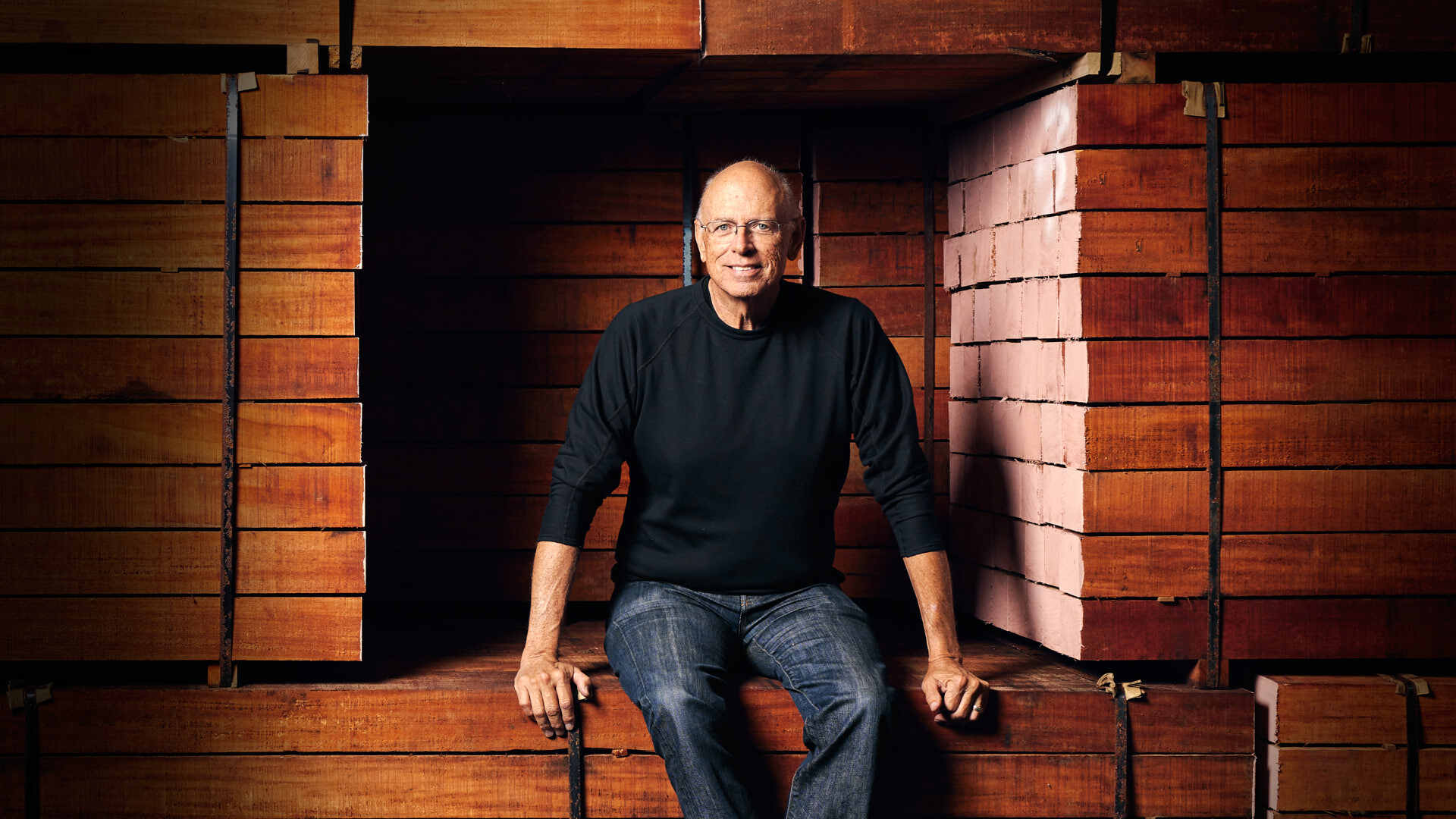When I was a kid, we rode our bikes around town and drank from a canteen we took along if we thought ahead. We usually weren’t that smart, so we’d stop and drink from someone’s garden hose or a fountain at a grocery store or park. A plastic bottle filled with store-bought water wasn’t even an idea yet, let alone a desire. If we had fifteen cents, we could buy a Coke, drink it there, and get four cents back for the glass bottle. When my kids were kids, the glass bottle was phased out and replaced by cans and plastic bottles.
For each of the last 10 years, I’ve spent up to 100 days per year in Cameroon helping to get our co-owned ebony mill off the ground. When it rains, it often comes down in torrents, swelling the rivers and flooding the low points in the city of 3 million people. By the next day, the water is gone, but the plastic bottles that were washed to the low points remain and are a sight to behold. Literally mountains of plastic, representing a fraction of that which actually exists. No canteens or garden hoses exist in those mountains of trash. One cannot drive through it or around it and not feel the pain of what’s happening. This had a powerful effect on me, causing me to curtail my drinking of water from plastic bottles by probably 99 percent. It’s a problem, but where we live in developed countries, it’s collected for us and put where we cannot see it, helping us think that it’s not a problem. But it is.
In this issue, Jim Kirlin writes about the mountain of stretch wrap we’re collecting here at Taylor Guitars, placed right where it’s a terrible inconvenience and cannot be missed by anyone working here or driving by. We just have to confront it and think of something, even if it starts by being embarrassed or hating that pile of the most durable product man has ever invented. It just doesn’t go away. It doesn’t degrade. I hope the article lends you pause as you think about what we each contribute to the degradation of our planet for the sake of minute-by-minute convenience. I’ll admit I like what plastic does when I use it; I just don’t like what it does when I’m done using it. And one more thing, don’t believe it’s all recycled, or even most of it, because just a fraction of it is.
Now to some better news. I’d like to mention that Taylor Guitars is now 100-percent employee owned. I’m thrilled about this. You can read about it in this issue, plus watch some good video commentary about it. As I write today, I’m no longer a shareholder of Taylor Guitars. I am an employee, thankfully. I’ve heard from some friends that it’s a pretty good place to work, so I hope I can have a long run here. As a matter of fact, employee ownership has given me a renewed sense of purpose, similar to that feeling my grandkids give me. I can work for the benefit of our employee-owners in a different and more tangible way now. I feel very good about our future and the hands the company will be in. With our new ownership, I’m hoping that Taylor Guitars might be as durable as plastic without being a problem to the earth and its people. Sustainable, if you will. I’d like to offer a heartfelt thank-you to all the employees, dealers, suppliers and players who helped bring Taylor to this point. I promise you there’s no place I’d rather be, helping it all to thrive.
